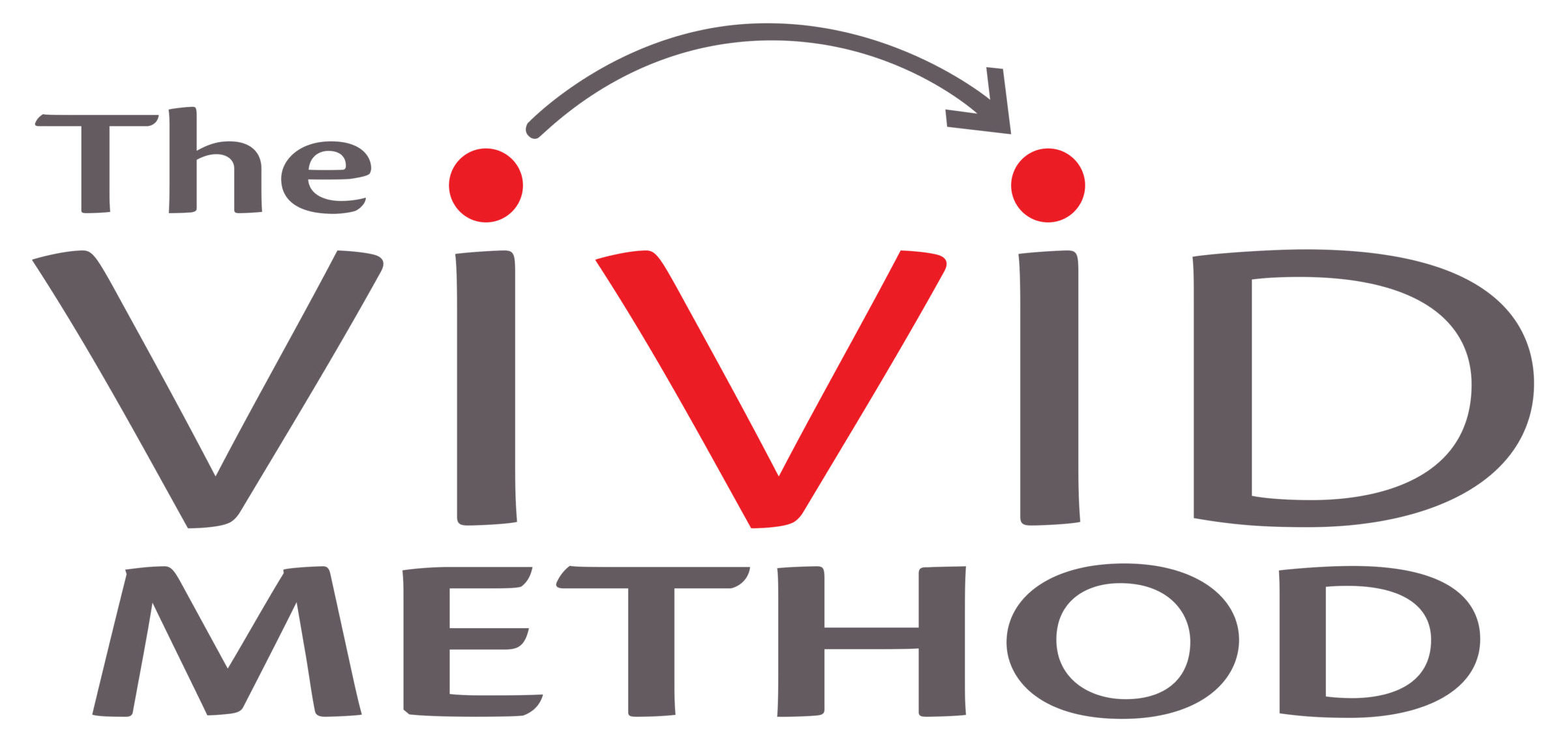Is the internet making us stupid? (Book review)
 Nicholas Carr has written a book called ‘The Shallows: What the internet is doing to our brains‘ where he argues that our dependence on the internet may have a dark side.
Nicholas Carr has written a book called ‘The Shallows: What the internet is doing to our brains‘ where he argues that our dependence on the internet may have a dark side.
I saw him speak recently and asked him a few questions.
He tells the story of losing his own capacity for concentration and contemplation. Even when he was away from his computer, his mind was hungry for constant stimulation, for quick hits of information.
He felt perpetually distracted.
Are we more superficial in our thinking?
 A growing body of scientific evidence suggests the Net, with its constant distractions and interruptions, is turning us into scattered and superficial thinkers.
A growing body of scientific evidence suggests the Net, with its constant distractions and interruptions, is turning us into scattered and superficial thinkers.
In some ways, writing a speech or planning a presentation is easier with the internet; particularly gathering information and checking facts. However, the key skill in communication is filtering; distilling the message from the data. Some studies have shown that our constant shifts in focus can lead to less rigorous, more ‘automatic thinking’.
Some ideas from the book:
- Heavy multitaskers were more easily distracted, had less control over their attention, and were much less able to distinguish important information from trivia.
- The alterations in the brain, shape the way we think even when we’re not using the technology.
- The noise of all this stimuli short-circuits both conscious and unconscious thought, preventing our minds from thinking deeply and creatively.
- Our thought processes don’t engage with a problem until we’ve clearly defined what the problem is, but we are less likely to objectively define problems before acting on them.
Superficial thinking creates anxiety:
This lack of clarity can lead to increased anxiety when we speak in public. Uncertainty causes anxiety and if we have not thought deeply about the purpose of our presentation, and how to get our message across to a particular audience, this risk is that our superficial thinking leads to superficial confidence.
Deep thinking about your speech or presentation is more likely to lead to genuine confidence.
Why a Speech Outline helps:
This last point shows is why a method to think objectively, and a template to help create a Speech Outline are so valuable. It’s a prompt to think clearly, but also keeps you in the HABIT of thinking clearly – thus helping to stop the brain rot!
Why a Chunk Structure helps:
Also from the book; “…skimming has become our dominant mode of thought…”
This is true of your audience!
If they don’t actually have a smartphone in their hand as you speak, their mind is already in the habit of ‘skimming’ as they listen to you.
So if you want to break through this partial attention in your audience you need to hook their mind somehow. There are many options to do this, but the most universal and easily applied is to use the Chunk Structure.
—–
If you’d like to develop persuasive speaking skills, consider:
